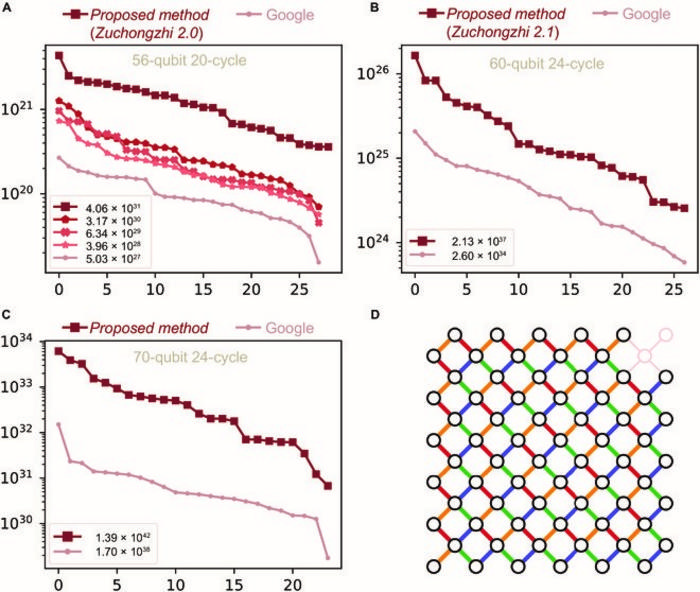Unlocking quantum computing power, faster
In the realm of computational science, a paradigm shift is on the horizon that promises to redefine the boundaries of processing power and speed.
Quantum computing, a technology that has long captivated the imagination of scientists and tech enthusiasts alike, is inching closer to revolutionising our digital world in ways previously deemed as science fiction.
A study published in the journal Intelligent Computing has introduced an automated protocol-design approach that could potentially accelerate the advent of quantum computing, bringing its computational capabilities to the forefront much sooner than anticipated.
The quest for quantum computational advantage
Quantum computational advantage, a term that signifies the point at which quantum computers surpass the most powerful classical supercomputers, is a pivotal milestone in the evolution of quantum technologies. Achieving this advantage hinges on the development of specially designed protocols that can fully leverage the unique properties of quantum mechanics. Among the various approaches explored, random circuit sampling has emerged as a particularly promising method, demonstrating significant potential in recent experiments. However, the challenge lies in meticulously designing the structure of random quantum circuits to maximise the gap between quantum and classical computing capabilities.
Addressing this challenge, researchers He-Liang Huang, Youwei Zhao, and Chu Guo have devised an innovative automated protocol-design approach that efficiently determines the optimal configuration for random quantum circuits. This method relies on the architecture of quantum processors, utilising 2-qubit gate patterns to facilitate interactions between qubits. By optimising these interactions, the researchers aim to ensure that quantum computing's superior performance is fully exploited, particularly in calculations where maximising the classical simulation cost is crucial.
 (A–C) Classical simulation costs, with the corresponding Schrödinger-Feynman algorithm costs shown in the legend. (D) The optimal random quantum circuit designed by the proposed method for Google’s latest quantum computational advantage experiment. Credit: He-Liang Huang et al.
(A–C) Classical simulation costs, with the corresponding Schrödinger-Feynman algorithm costs shown in the legend. (D) The optimal random quantum circuit designed by the proposed method for Google’s latest quantum computational advantage experiment. Credit: He-Liang Huang et al.
The traditional method of identifying the optimal random quantum circuit design – through exhaustive testing of all possible patterns and estimating the classical simulation cost for each – proved to be exceedingly time-consuming. In contrast, the approach proposed by Huang, Zhao, and Guo employs the Schrödinger-Feynman algorithm, which significantly reduces the time required to evaluate complexity. This algorithm divides the system into two subsystems and calculates the cost based on the entanglement generated between them. The benefits of this method become increasingly evident as the size of the random quantum circuit grows.
The efficacy of the proposed method was validated through experiments conducted on the Zuchongzhi 2.0 quantum processor. By generating five random quantum circuits with varying complexities using the Schrödinger-Feynman algorithm, the researchers demonstrated that circuits with higher complexity indeed incur higher costs. This finding not only substantiates the effectiveness of the new approach but also suggests that the accelerated growth of quantum entanglement could be a key factor in achieving higher classical simulation costs.





